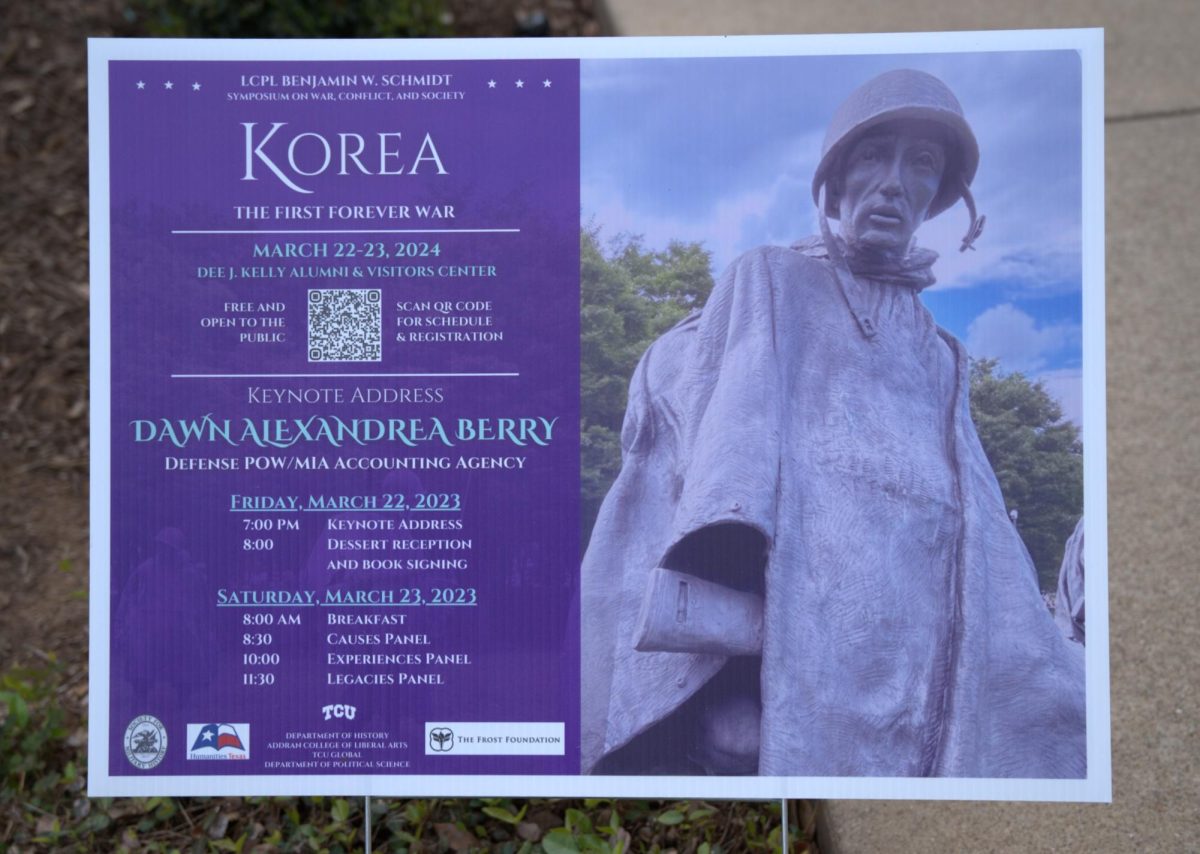Q: I heard while you were filming on location, you were injured. Can you tell us a little bit about that?A: We all got pretty banged up. We had some pretty extensive action sequences. In dangerous situations, you have to take a hiatus from your character and realize you just have to get from point A to point B. We knew getting into this project, it would be a rough experience.
Q: The movie is very political. How much did that weigh on your decision to take the role?
A: I think we were very moved by the story. You want to initially be part of an important film like this, and this is socially important in the world today. This was so different than anything I’ve ever worked on before, especially to work with Djimon (Hounsou) was an appealing aspect of the movie. We both felt honored to be part of a movie of this scale, and that says something about the world we live in.
Q: You lived in Africa and learned an accent for the movie. How did you prepare for these tasks?
A: Both of us (DiCaprio and Hounsou) had to take on different dialects, but I know we both thought it was imperative to go to Africa and meet people and hear stories about what they have been through and situations that were similar to what they went through. We had people who helped with the accents and military aspects of the story. But you couldn’t get the makeup of Africa shooting the film elsewhere.
Q: How did this role challenge you as an actor?
A: It was one of the most challenging roles I’ve ever had to take on. Especially for me, the physicality with the military background of my character and learning the foreign accent and playing a character who is so opportunistic and narcissistic was challenging because we were in Africa and surrounded by people suffering. I didn’t agree with the choices of my character.
Q: The movie is about things that are important to different people such as money and one’s children. What’s important to you as a person?
A: Certainly doing a movie like this, you can’t help but be affected in many different ways. Going to an orphanage in Mozambique and seeing people live in poverty makes you want to come home and give back. Everyone felt that way. We were moved by the people there and the circumstances they endure day in and day out. It makes you thankful for what you have and realize what you need to give back.




